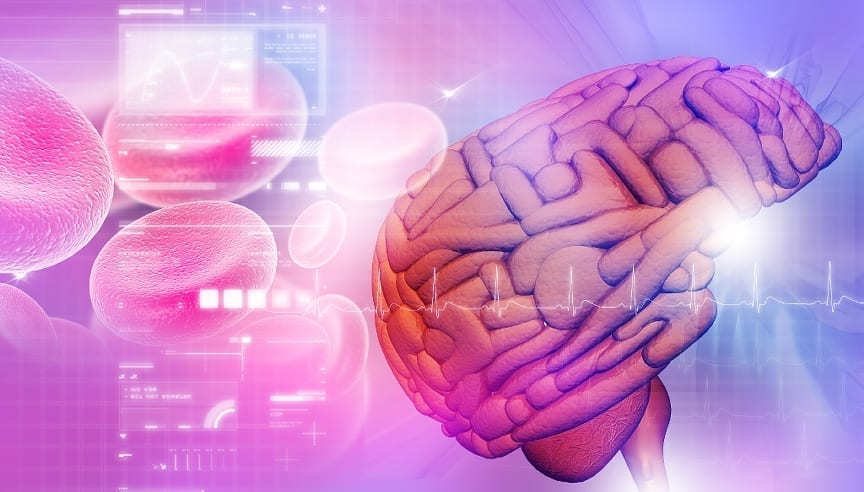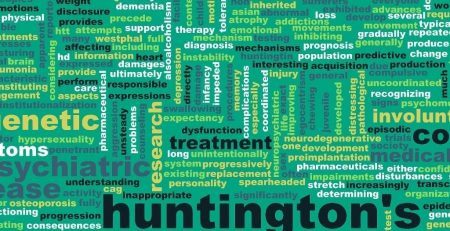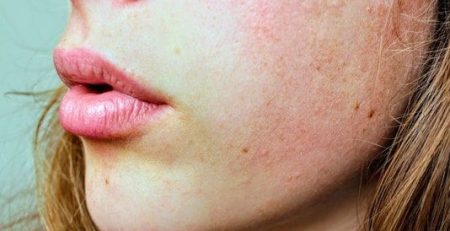Blood-Brain Barrier a Myth?
Our bodies contain bacteria all over- our guts, feet, mouth, hands. The one place bacteria shouldn’t be however, is in our brains.
Recently, scientists discovered our brains may in fact, not be the inpenetrable fortress they once believed it to be.
A team of researchers in Canada have discovered evidence that suggests that a specific type of bacteria usually seen in soil may be in some of our brains.
Kathy Spindler, a microbiology professor, and Vincent Young, a specialist in infectious diseases, both from the University of Michigan, commented that this new theory, if proven, could change the longstanding thought that the brain is a sterile site. Just as with the gut, if live bacteria is helping to sustain brain health in some way, use of antibiotics or other disruptions, may lead to disease.
The Canada team, led by Christopher Power from the University of Alberta, found this bacteria by accident when they came across some genetic material typically linked only to bacteria. They knew something was off.
The surprise material turned out to be associated with alpha-proteobateria, usually found in soil. Samples were seen in boths brains with HIV and brains that had no infectious disease, but had undergone brain surgery.
After the discovery, they injected human brain tissue into mice, finding those same bacterial molecules had stuck around weeks later.
No evidence has linked this alpha-proteobacteria to diseases, nor to anything beneficial. However. scientists are now eager to prove or disprove the presence of viable bacteria in the brain, as it raises some interesting questions regarding the blood-brain barrier.
The blood-brain barrier, a phenomenon dating back to the 1800’s, finds that things injected into the body do not end up in the brain and vice versa. Only key nutrients and molecules have been known to be able to cross. Some diseases have been known to cross the barrier in disguise though, such as HIV and herpes. Additionally, researches have found male genetic material in the brain of women, thought to be linked from pregnancy. These findings, linked with the new discovery of bacteria in the brain pose the important question: does the blood-brain barrier really exist?














